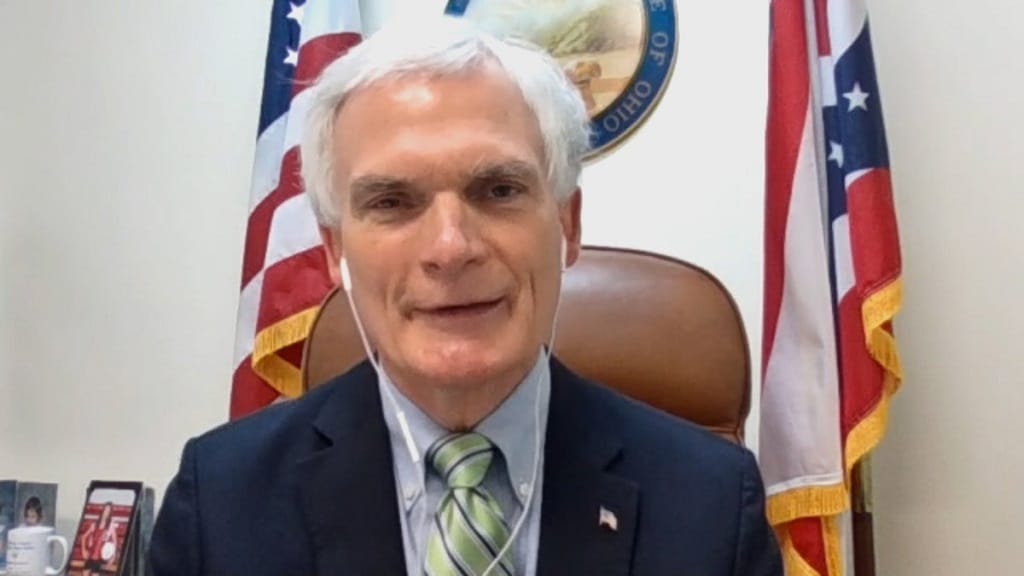Despite Speculation, Section 230 Is Here to Stay: Rep. Bob Latta
Republican representative Bob Latta said Section 230 is not going anywhere anytime soon.

May 25, 2021 — Section 230 of the Communications Decency Act may face amendment in the near future, but it’s here to stay—and for good reason, according to Rep. Bob Latta, R-Ohio.
Speaking at the 13th annual policy conference hosted by the Free State Foundation on Monday, Latta said a complete repeal of Section 230 would be misguided, saying that such a measure would stifle free enterprise and competition throughout the technology industry. He spoke to Republican fears of censorship on social media.
Section 230 provides legal immunity to online platforms that publish third-party content from civil liability. This permits consumers to post what they like without the platforms themselves taking responsibility for the content; it also allows platforms to remove content they deem undesirable. (Broadband Breakfast has published an explainer on the issue.)
The legislation came under scrutiny last year when critics, led in large by former President Donald Trump, accused tech firms of effectively using Section 230 to censor conservative voices.
Latta said he sympathized with Republican fears, pointing to a tweet by Marsha Blackburn, R-Tennessee, which was recently removed “for no reason.”
Free speech cannot be “deterred”
Republican lawmakers threatened to repeal Section 230 last year, arguing that tech companies were stifling free speech in their alleged exploitation of the measure. Commenting on the proposal, Latta agreed with the intent, saying, “one of the things that we don’t want to see happen is that private speech is being deterred.”
But Latta was quick to add that lawmakers should refrain from making regulations “too tight.”
Impact on smaller platforms if Section 230 revoked
If Section 230 were removed altogether, larger platforms would inevitably “lawyer up” to protect themselves against the new legal exposer. Smaller competing platforms would be unable to afford the costs, however. Critics have said their revenues would drop, eating into their profits until they likely would have no choice but to sell to a larger company.
Additionally, larger firms could push the additional legal costs onto consumers, leading to potentially additional negative social externalities that users of platforms already encounter.
“We don’t want to hurt those new startups,” Latta said. “We don’t want to just throw it out—I think there’s going to have to be some revisions that we’re going to have to do to it. And that’s where we’re going to have to iron out the difference between the Republicans and the Democrats, where we find a common ground to get there.”







